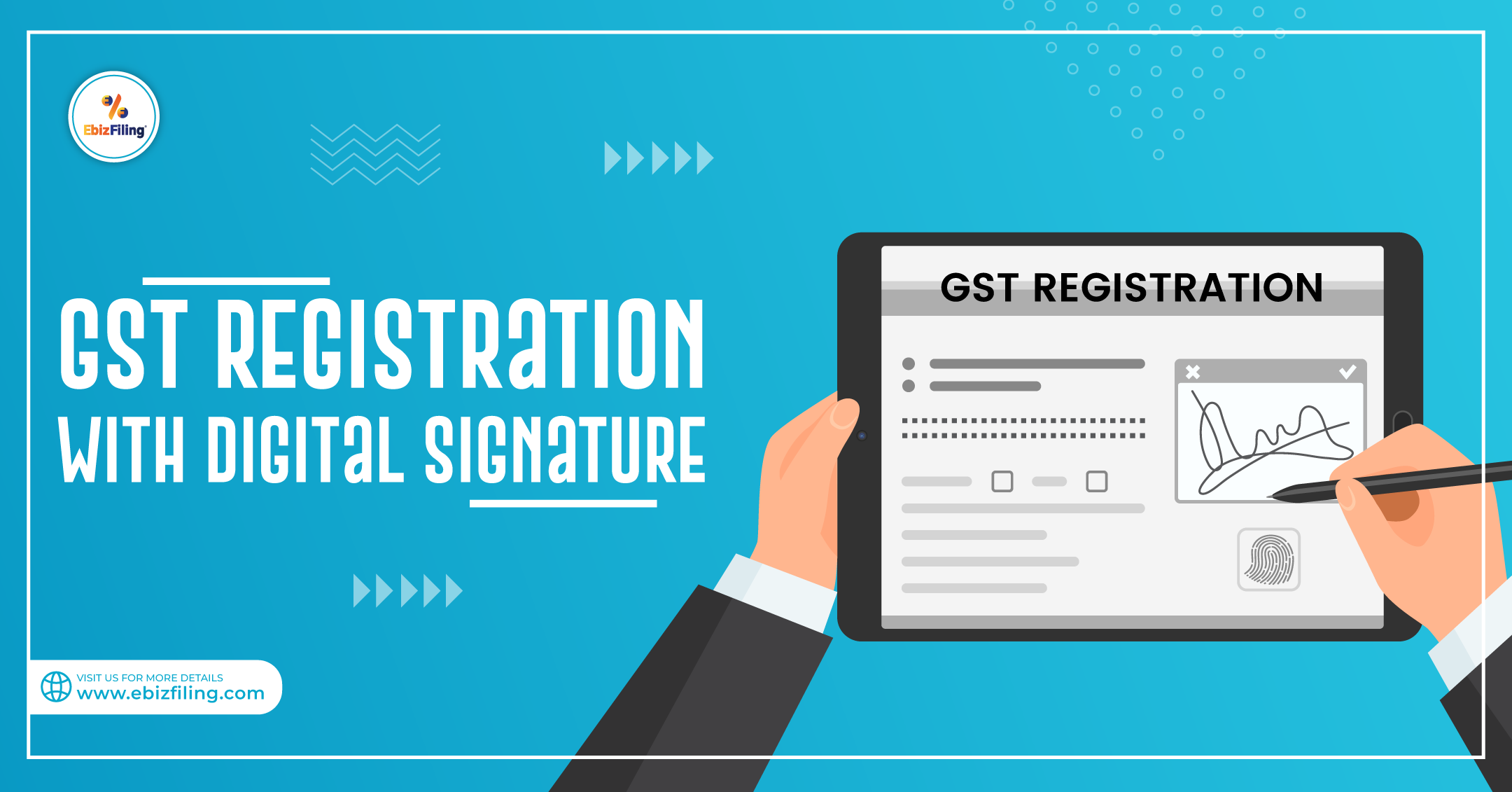Open the Advantages of GST Registration in Singapore with CFO Account & Services
Open the Advantages of GST Registration in Singapore with CFO Account & Services
Blog Article
From Start to Complete: A Thorough Introduction of GST Registration and Just How to Successfully Register Your Business
Navigating via the detailed process of GST registration can be a crucial step for any business looking to develop compliance and legitimacy in the market. Why choose CFO Account & Services for GST registration in Singapore. From understanding the essential concepts of GST to satisfying the eligibility requirements and collecting the necessary documentation, the trip in the direction of successful enrollment can commonly look like a difficult job. Nonetheless, with the best support and insights, companies can enhance this procedure and unlock the benefits that come with being a signed up entity.
Understanding GST and Its Significance
Understanding the Item and Services Tax (GST) and its relevance is necessary for organizations running in economic climates where this taxes system is applied. By allowing services to claim input tax obligation credit histories on the tax obligation paid on acquisitions, GST makes certain that taxes are calculated just on the value included at each stage of the supply chain.
Moreover, GST promotes conformity and transparency in the tax obligation program, decreasing tax obligation evasion and raising federal government profits. It simplifies tax obligation management and conformity for businesses by supplying an usual system for tax obligation filing and repayment. In general, a comprehensive understanding of GST is critical for organizations to successfully navigate the complexities of the tax system and make certain conformity with the regulation.
Eligibility Requirements for GST Registration
To register for GST, businesses must satisfy details qualification criteria laid out by the tax obligation authorities. The key need for GST enrollment is that business's accumulated turn over exceeds the threshold set by the federal government, which differs by state. As of the existing guidelines, services with a yearly turnover of Rs. 40 lakhs or even more in the majority of states have to register for GST. For businesses running in sloping regions and northeastern states, the threshold is Rs. 20 lakhs. Furthermore, particular organizations, such as those associated with inter-state supply of services or goods, laid-back taxed persons, and non-resident taxed persons, are required to sign up for GST despite their turnover.
Additionally, organizations included in providing items or services via e-commerce systems are additionally mandated to register for GST, regardless of their turnover. Businesses that were registered under the previous tax obligation routine, such as VAT, excise obligation, or solution tax, must shift their registration to GST. Adhering to these eligibility standards is essential for companies looking for to adhere to the GST laws and stay clear of any type of penalties for non-compliance.
Papers Needed for GST Registration
When applying for GST enrollment, companies must guarantee they have all the required papers in order to complete the process smoothly and effectively. The vital documents required for GST registration include evidence of service enrollment or incorporation such as the Certification of Consolidation, collaboration act, or enrollment certification. Additionally, businesses require to provide evidence of address for the major workplace, which can be supported by documents like an utility costs or a rental agreement.
Additionally, files confirming the identity and address of the partners or promoters associated with the business, such as PAN card, Aadhaar card, or ticket, are necessary for GST registration. Financial institution account declarations or canceled cheques displaying the name of the business, account, and address number are additionally mandatory to validate the checking account details offered throughout registration.
Making certain all the needed papers are in order and conveniently available will simplify the GST registration procedure and help services stay clear of difficulties or hold-ups.
Online Registration Process for GST

After finishing the form, sustaining files need to be submitted based on the guidelines provided. These papers generally consist of evidence of organization registration, address evidence, bank statements, and identification evidence of business owner. It is vital to make sure that all records are clear, legitimate, check these guys out and submitted in the defined format to stay clear of delays in the registration process.
As soon as the application and papers are sent, companies can track the condition of their GST registration online. If there are no problems or extra information needed, the GST registration certificate will be released online, noting the successful conclusion of the on the internet enrollment procedure.
Post-Registration Conformity and Tips

Companies ought to remain updated on any kind of changes in GST guidelines, rates, or compliance treatments to make essential modifications promptly. Looking for professional aid from tax obligation specialists or accounting professionals can likewise assist businesses navigate complex GST compliance needs effectively.
Verdict
Finally, the process of GST enrollment is crucial for services to abide by description tax obligation laws and operate legally. By recognizing the qualification standards, collecting the needed documents, and finishing the on-line registration process, services can effectively sign up for GST. It is essential to stay compliant with post-registration needs and seek professional support when needed to make certain smooth operations.
Businesses that were registered under the previous tax regimen, such as VAT, excise responsibility, or solution tax obligation, should transition their registration to GST. The crucial files required for GST registration include proof of business registration or unification such as the Certification of Unification, partnership action, or registration certification.Upon effective conclusion of the GST enrollment procedure, services have to quickly stick to post-registration conformity needs to keep regulative conformity and ensure smooth operations.In conclusion, the procedure of GST enrollment is necessary for businesses to abide with tax guidelines and operate legitimately. By recognizing the eligibility criteria, gathering the necessary papers, and completing the online enrollment process, companies can successfully sign up for GST.
Report this page